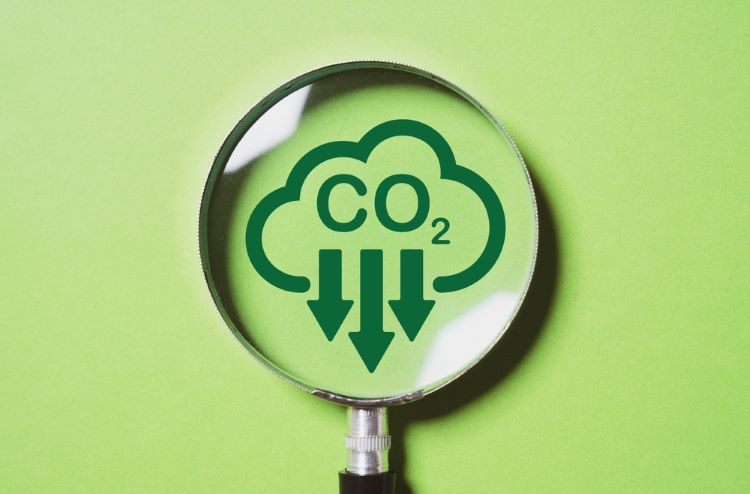GSK propels its progress to Net Zero
Posted: 21 November 2023 | Catherine Eckford (European Pharmaceutical Review) | No comments yet
The lower carbon propellant has the potential to reduce greenhouse gas emissions from Ventolin (salbutamol) inhaler by approximately 90 percent, GSK reports.


Phase III trials of a low carbon version of GSK’s metered dose inhaler, Ventolin (salbutamol), using a next generation, lower carbon propellant, are set to start in 2024.
The pharma company stated that if successful, it has the potential to reduce greenhouse gas emissions from use of the inhaler by approximately 90 percent.
According to GSK, thirty-five million patients with respiratory conditions globally relying on its metered dose inhaler. However, this accounts for nearly half of GSK’s carbon footprint, and contributes to the carbon footprint of global health systems. Significantly reducing the carbon footprint of the propellant in the inhaler is a key milestone in the company’s sustainability pathway to Net Zero.
Metered dose inhalers: propellant versus propellant free
Propellants in all current metered dose inhalers contribute to greenhouse gas emissions. On the other hand, dry powder inhalers are propellant free and have a much lower carbon impact, GSK highlighted.
“I am delighted that we are now progressing this programme into Phase III trials. If successful this could lead to regulatory submissions in 2025, supporting the health of asthma and COPD patients and making a significant positive impact on our transition to a more environmentally sustainable future,” GSK’s Chief Executive Officer, Emma Walmsley commented.
GSK’s development plans for the low carbon inhaler
However there are challenges ahead. Developing the lower carbon propellant is “complex and involves clinical and non-clinical programmes, as well as establishing new manufacturing facilities”, the company noted. Recently, GSK also confirmed its plans to invest in Evreux, its key site in France, to manufacture the inhaler. If clinical trials and subsequent regulatory processes are successful, this would help the company to begin producing supply of the new inhaler.
GSK shared that recent data from early clinical trials has supported the decision to progress to Phase III. Dosing of first patients is planned in the first half of 2024.
Related topics
Big Pharma, business news, Clinical Development, Clinical Trials, Drug Delivery Systems, Drug Development, Drug Manufacturing, Industry Insight, Manufacturing, Technology, Therapeutics









